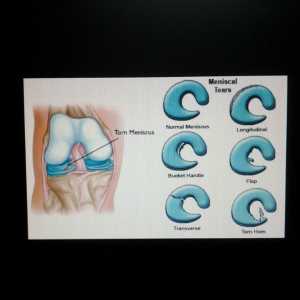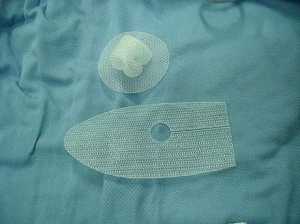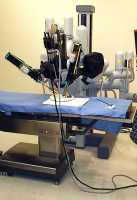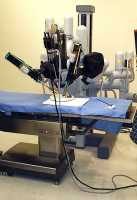Author Interviews, Cancer Research, Esophageal, NEJM, Surgical Research / 11.01.2019
Esophageal Cancer: HMIE Procedure Reduces Morbidity Without Sacrificing Efficacy
MedicalResearch.com Interview with:
Guillaume Piessen, MD, PhD
University Hospital Centre
Lille, Franc
MedicalResearch.com: What is the background for this study?
Response: Patients requiring surgery for esophageal cancer fare better after undergoing a hybrid minimally invasive esophagectomy (HMIE) with a combined laparoscopy+thoracotomy procedure compared to an open esophagectomy (OE), according to results of the MIRO trial published in the last issue of the New England Journal Of Medicine (link article).
This French prospective multi-center randomized controlled study was funded by the French National Cancer Institute (Grant n° 1907). The study was conducted by Pr Mariette who sadely passed away in 2017 and Pr Piessen (Department of Digestive and Oncological Surgery, CHU Lille), under the hauspice of FRENCH (Fédération de Recherche EN Chirurgie) and FREGAT (French Eso-Gastric Tumors) working group (https://www.fregat-database.org/fr/).
Postoperative morbidity, especially pulmonary complications, affects more than half of patients after open esophagectomy for esophageal cancer.
Hybrid minimally invasive esophagectomy (HMIE) combines a laparoscopic abdominal phase with an open thoracotomy, which may have specific advantages including lower rate of pulmonary complications, without laparoscopic tumor dissection limiting potential tumor spillage and easier reproducibility of the technique [12].
Postoperative morbidity, especially pulmonary complications, affects more than half of patients after open esophagectomy for esophageal cancer.
Hybrid minimally invasive esophagectomy (HMIE) combines a laparoscopic abdominal phase with an open thoracotomy, which may have specific advantages including lower rate of pulmonary complications, without laparoscopic tumor dissection limiting potential tumor spillage and easier reproducibility of the technique [12].
(more…)








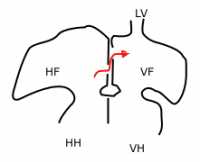

 Dr. Janey Pratt, MD
Clinical Associate Professor, Surgery
Stanford University
MedicalResearch.com: What is the background for this study? What are the main findings?
Response: In 2013 obesity became recognized as a disease. The rate of pediatric obesity continues to rise. Severe pediatric obesity is rising at a even faster rate than obesity in pediatrics. Despite this Metabolic and Bariatric Surgery (MBS) remains underutilized in the treatment of severe pediatric obesity. There is a significant amount of adult data and now pediatric data about effective treatments for severe obesity. These support the use of MBS as a primary treatment for severe obesity in children. (BMI > 120% of 95th percentile with a comorbidity or BMI > 140% of 95th percentile).
Dr. Janey Pratt, MD
Clinical Associate Professor, Surgery
Stanford University
MedicalResearch.com: What is the background for this study? What are the main findings?
Response: In 2013 obesity became recognized as a disease. The rate of pediatric obesity continues to rise. Severe pediatric obesity is rising at a even faster rate than obesity in pediatrics. Despite this Metabolic and Bariatric Surgery (MBS) remains underutilized in the treatment of severe pediatric obesity. There is a significant amount of adult data and now pediatric data about effective treatments for severe obesity. These support the use of MBS as a primary treatment for severe obesity in children. (BMI > 120% of 95th percentile with a comorbidity or BMI > 140% of 95th percentile).

